Dental treatment

specialists

equipment

treatment
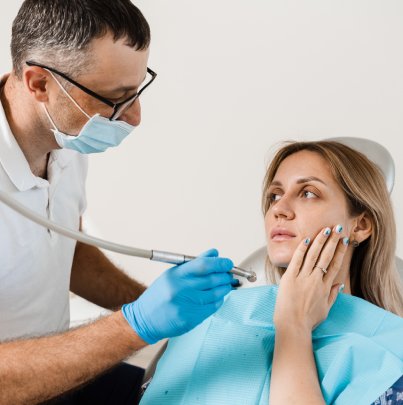
Signs that you need to see a doctor
- Pain
- Bleeding gums when brushing teeth
- Misocclusion
- Bad breath
- Teeth mobility
- Any discomfort while eating
- The appearance of dark spots and chips on tooth enamel
- Defects in seals
- Teeth sensitivity to hot and cold food and drinks
Causes of pain
Toothache is caused by various factors and conditions associated with both teeth and diseases of other organs.
Odontogenic causes
Odontogenic causes of pain are caused by diseases of the teeth and surrounding tissues. These include:
- Caries. Causes destruction of hard tooth tissues and the inner layer (dentin). Pain occurs when eating sweet and sour foods, hot and cold drinks
- Pulpitis. Occurs when bacteria penetrate the tooth pulp, causing inflammation and infection. Pain due to pulpitis is often acute, intensifying in the evening and at night.
- Periodontal and periodontal diseases. Inflammatory diseases of the tissues surrounding the tooth. The patient is concerned about acute or aching pain, tissue redness, swelling of the gums, tooth mobility
- Chip, defect of the filling or its loss, damage to the crowns. Accompanied by a sensation of a foreign body in the mouth, injury to the tongue, pain and crunching in the temporomandibular joint
Non-odontogenic causes
Non-odontogenic causes are not directly related to dental diseases, but cause unpleasant symptoms. These factors include:
- Pyoinflammatory processes. Infections in the periosteum, bone and surrounding soft tissues
- Bruxism (teeth grinding). Increases the load on the teeth, which leads to problems with chewing, sensitivity of the canines and incisors, and headaches in the morning
- Hypersensitivity of tooth enamel. Some people experience discomfort when exposed to mechanical, temperature, chemical influences
- Neuralgia. Some types of nervous system diseases can mimic toothache. For example, trigeminal neuralgia affects nerve endings and causes sharp, shooting pain in the face and mouth
There are other factors not directly related to dental disease that can cause unpleasant symptoms in the oral cavity. For example, sinusitis is accompanied by a feeling of pressure and pain in the upper jaw. The patient may mistake this discomfort for toothache. Also, pathologies of the temporomandibular joint (TMJ) can manifest as pain in the jaw, cheeks and even ear, causing difficulty chewing food and talking.
Dental treatment methods
Dental treatment offers innovative ways to solve dental problems. Thanks to high-quality anesthesia and advanced equipment, all procedures are performed without pain and discomfort, and therefore are well tolerated by patients.
In pediatric dentistry, the air-kinetic method of treatment and ozonation are most often used. For dental treatment in adults, chemical-mechanical or laser dental therapy is prescribed.
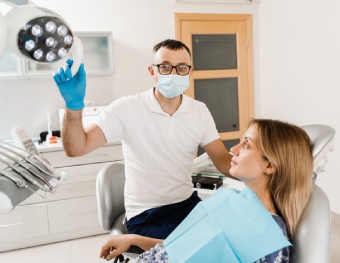
Painless ways to treat caries include:
- Chemical-mechanical The technology involves silent and painless removal of infected dental tissues using a special gel that is applied to the affected area. It contains amino acids and sodium hypochlorite. The dentist then carefully removes the softened carious tissue and installs a filling
- Laser Using laser action, the doctor removes carious areas that are softer than healthy tissue, and at the same time disinfects the resulting cavity. Thanks to the targeted impact, the method is considered safe, since there is no impact on healthy areas of the tooth. Then the doctor places a high-quality filling
- Air-kinetic Used to treat superficial caries. The essence of the procedure is to use a stream of air, a water jet and an abrasive substance. This technique effectively removes damaged tissue, but is only suitable for patients with caries in the initial stages
- Ozonation During the procedure, the doctor applies ozone to the carious tissues of the teeth in order to destroy bacteria and create a sterile cavity. It is then filled with a tissue strengthening compound
General information about dental treatment
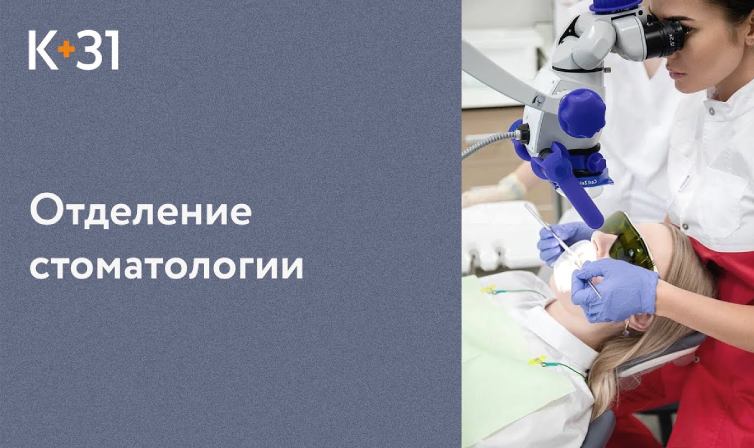
Modern methods of diagnostics and dental treatment at "K+31"
Our doctors

This award is given to clinics with the highest ratings according to user ratings, a large number of requests from this site, and in the absence of critical violations.

This award is given to clinics with the highest ratings according to user ratings. It means that the place is known, loved, and definitely worth visiting.

The ProDoctors portal collected 500 thousand reviews, compiled a rating of doctors based on them and awarded the best. We are proud that our doctors are among those awarded.
Make an appointment at a convenient time on the nearest date
Price
Other Services

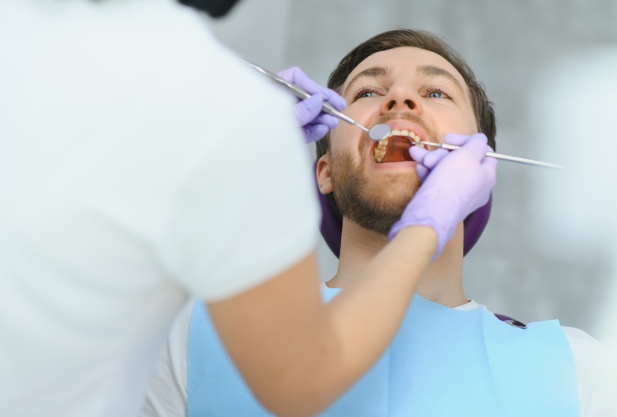
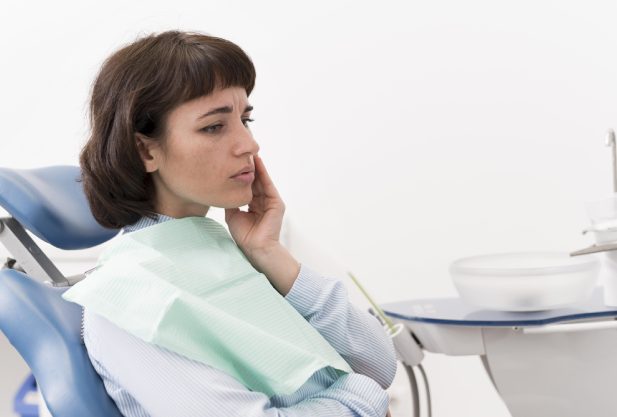

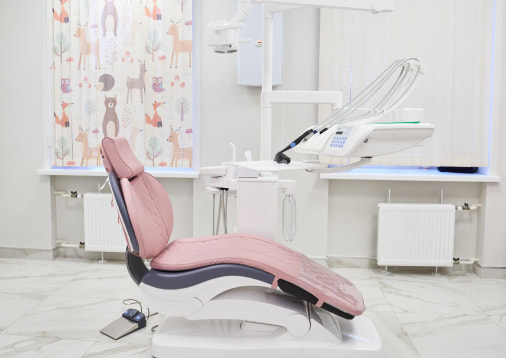
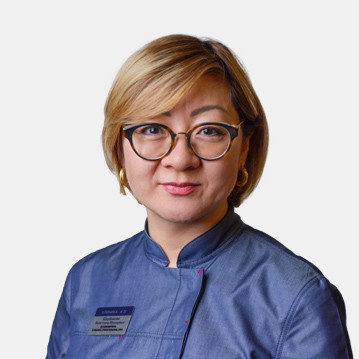
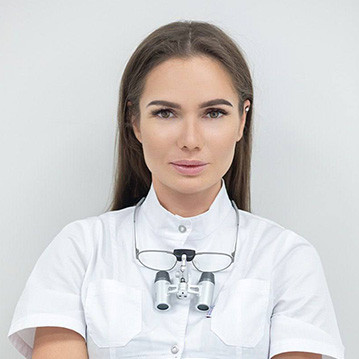
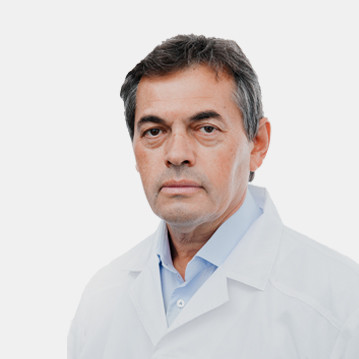
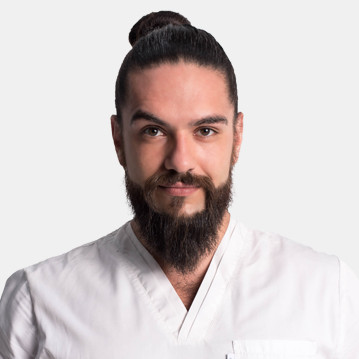
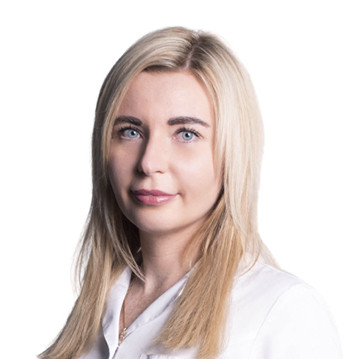
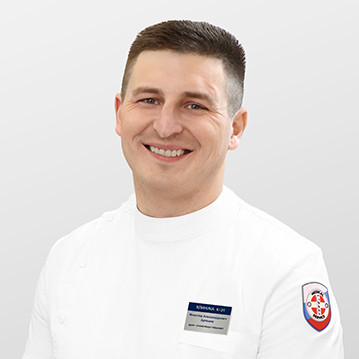
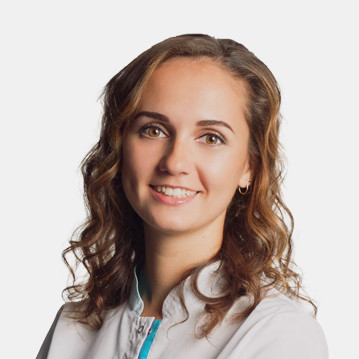
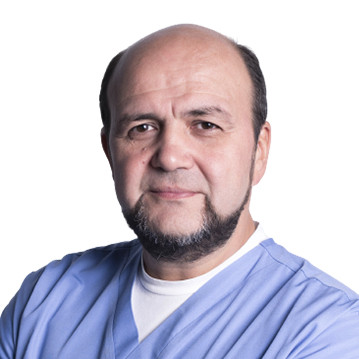
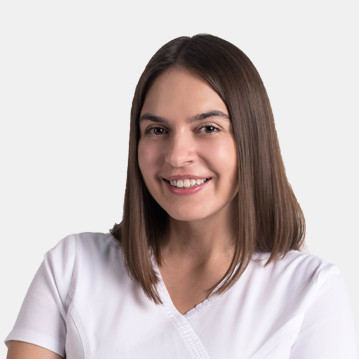
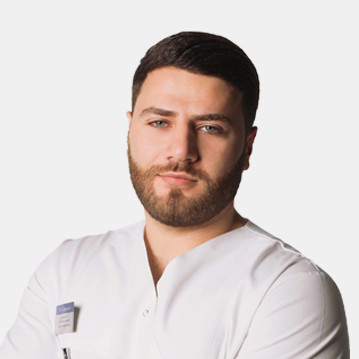
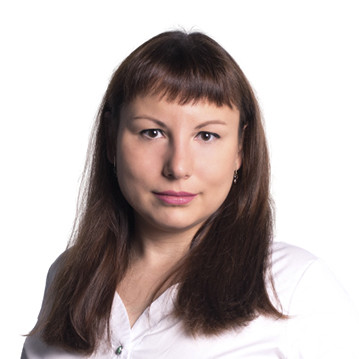
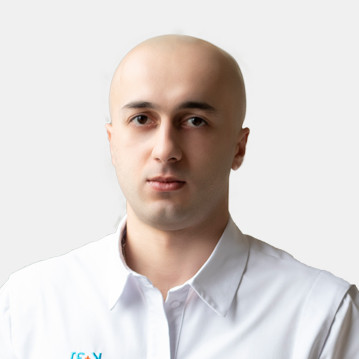
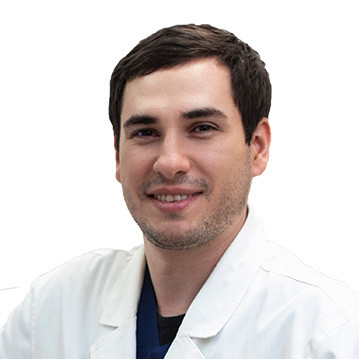
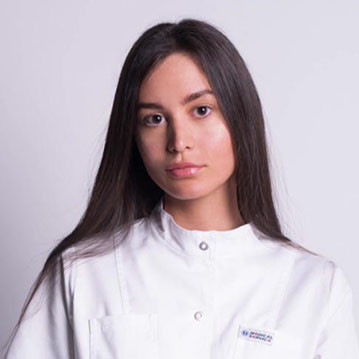
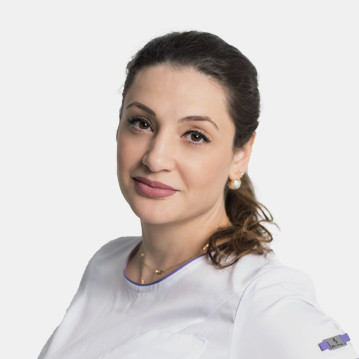
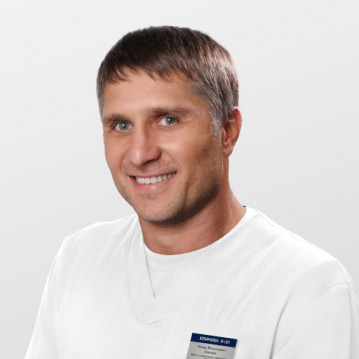
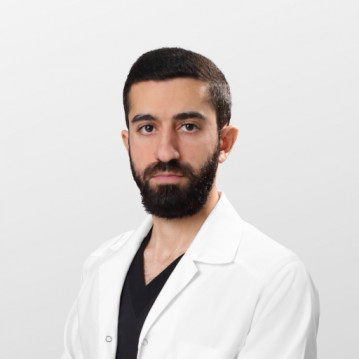
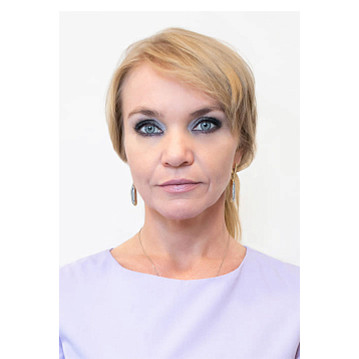
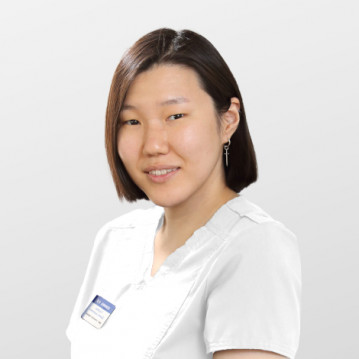
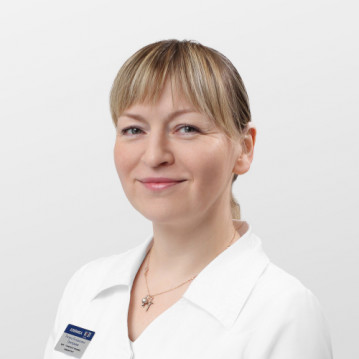
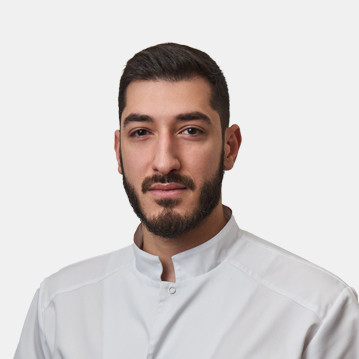
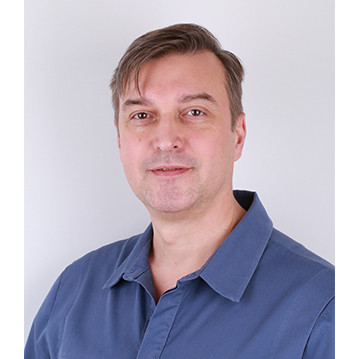
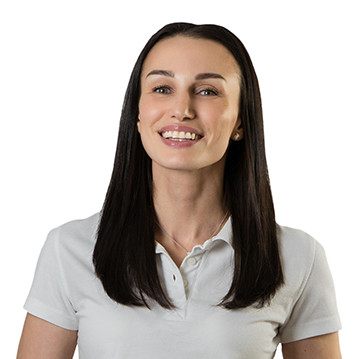
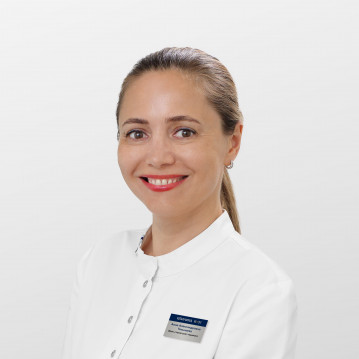
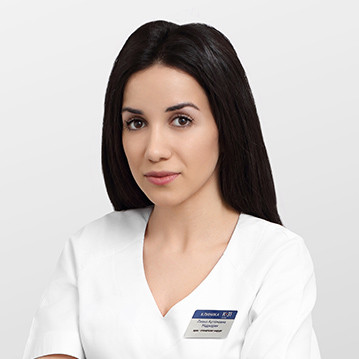
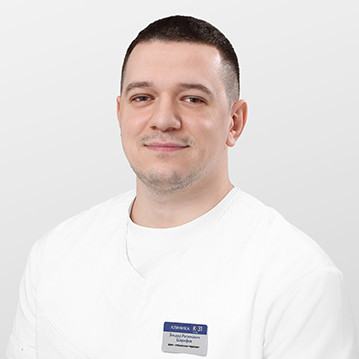
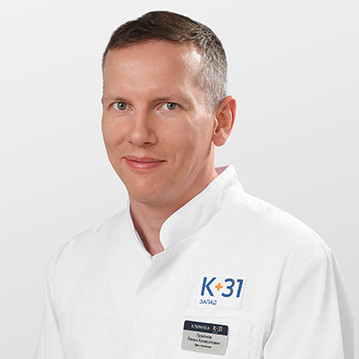
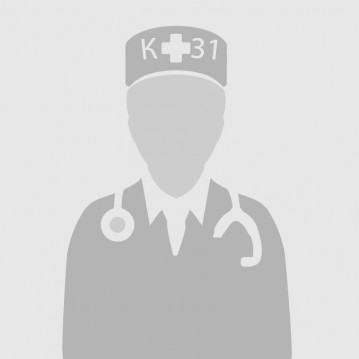
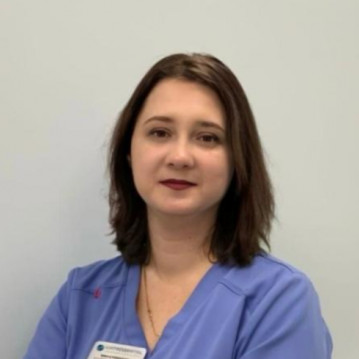
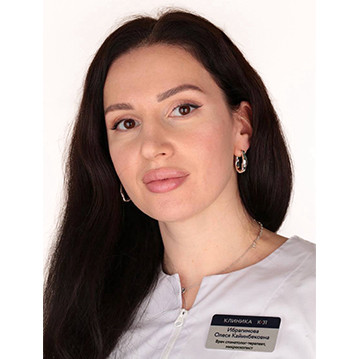
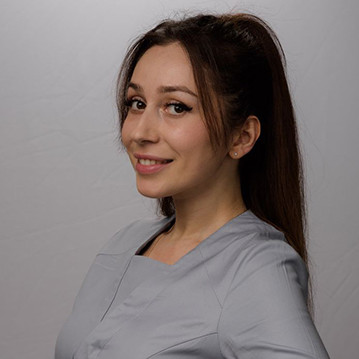
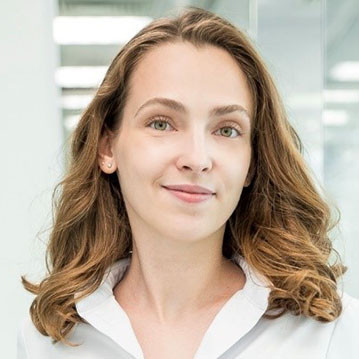
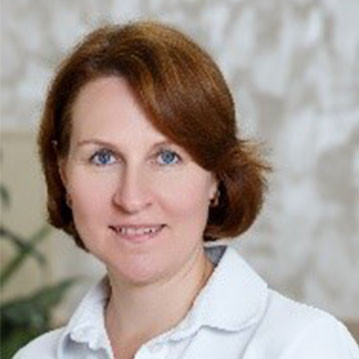
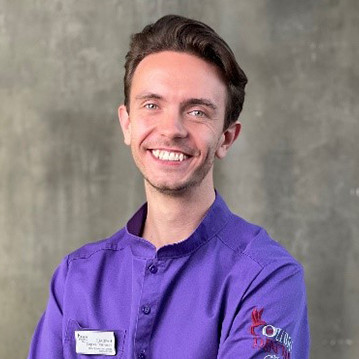
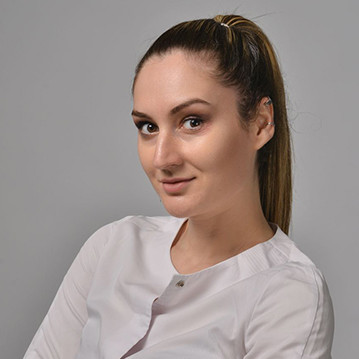
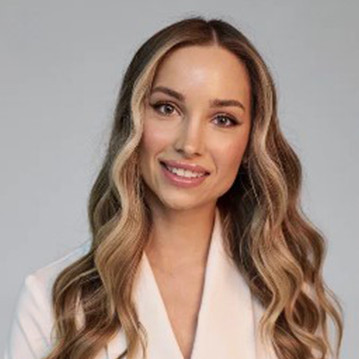
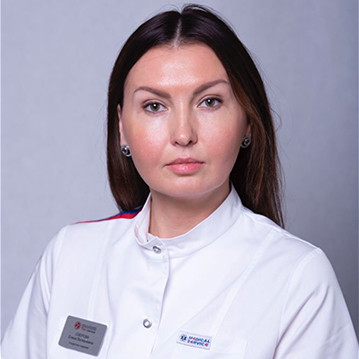
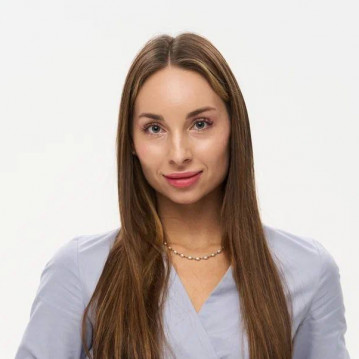
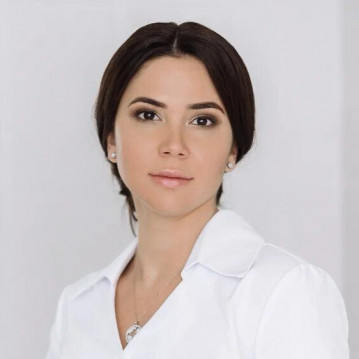
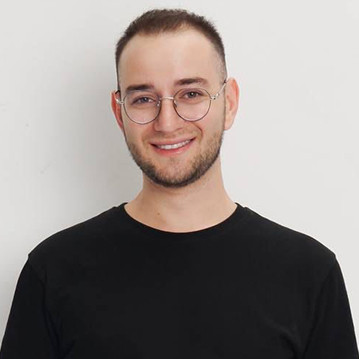
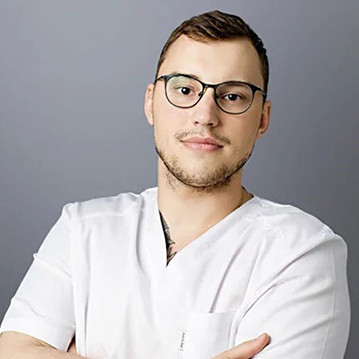





Which doctor should I contact?
There are several types of specializations in dentistry:
According to statistics, about 80% of people are not aware of dental problems.
It is important to remember that regular preventive examinations, dental procedures and professional teeth cleaning 1-2 times a year are the best methods for preventing oral diseases.